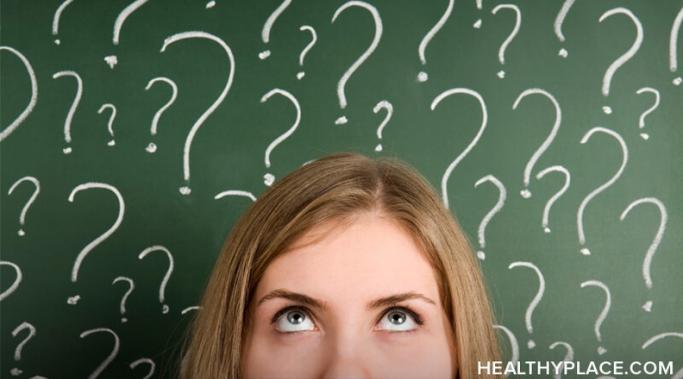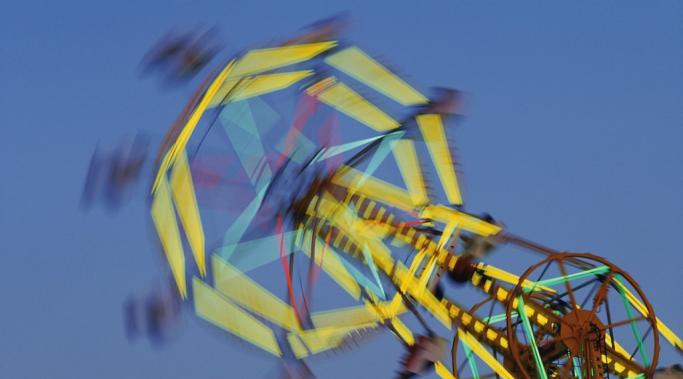I have a friend with bipolar disorder. A nice girl. Fun. Charming. Intelligent. She’s lovely really. We email a lot and sometimes she makes me LOL.
But seeing her is very difficult. She has a lot of trouble sticking to any plans we might make. This is because she can never predict her mood. Even if she feels like going out the moment we make the plans, even if it seems like a fun idea then, when the time actually comes she may not feel like leaving the house.
I know how she feels.
Ideas that seem good on a Wednesday, when they actually arrive on a Friday suddenly seem like the biggest imposition in the world and seem as impossible as lifting a mountain.
So how does one make plans if one can never anticipate one’s mood?
Breaking Bipolar
I have said it again and again, what goes up, must come down and it usually does so with a resounding thud. A crater. An impact that puts you lower in the ground than before you started. In other words, a depression.
And that’s the problem with hypomania. For many people the hypomania itself really isn’t a huge deal (although for some hypomania in and of itself is damaging) but the period afterwards is devastating. It’s the hypomania hangover.
My last post was about accepting the limitations that having a mental illness puts on us. The examples I used in that article were:
Not watching upsetting movies
Maintaining a strict bedtime (not staying out late)
Not watching / reading the news
These are three of things I do to maintain stability. As commenter Mary Ann stated, these limitations might be considered enduring the illness rather than suffering per se. But I say tomato, tomahto.
But regardless, these limitations are self-imposed and the rules they bring about are there to keep me safe. In response to a commenter’s question, here are a few more rules I obey:
I met a beautiful young creature. I then flirted with said creature, as is my habit. Eventually, she asked me a question about local politics. A perfection reasonable question, one assumes. There was just one problem, I don’t know anything about local politics. This is because I refuse to watch the news as I find it depressing and I told her so. She said she understood.
Then we planned to go out to a movie. She asked me to pick the film. I picked one of the action-suspense genre as then there was no chance of me becoming emotionally activated by a stupid movie. Nope, no romantic movies on a date with me.
And then we discussed the showing to see. I have to see the early show because I turn into a pumpkin at 9:00 PM. And really, I prefer to see matinees because they disrupt my sleep cycle less which disrupts my bipolar less.
Poor girl, she had no idea what her flirtation had waded her into.
Self-talk is something we all do. In psychology they call it intrapersonal communication – or communication with oneself. It could be the voice of your mother in your head tell you to “take a jacket” or the voice of an old lover telling you that “you’re fat” or simply a recitation of the lyrics to YMCA for an hour at a time. However you do it, we all have an inner voice no matter how unconscious it may be.
Self-harm is mentioned below.
When I was at university earning my degree I was a busy girl. I was attending school full-time, working three part-time jobs and skydiving on the side. There wasn’t a lot of time for dilly-dally.
And, of course, through this I was also getting treatment for bipolar disorder. This was at a time when treatment has started becoming successful but we were still tweaking things to try and get the most from the medication. As most lab rats know, this means upping the dose.
And, one day, I was at work and suddenly found myself needing to excuse myself to the lady’s room so I could slice open my ankle.
Drat.
When I told my mother I had a mental illness, I’m pretty sure she didn’t believe me. She didn’t come right out and say it, but it was pretty clear she was suspicious. Once she did feel something was wrong, she was sure it could be fixed with vitamins and herbs.
It couldn’t.
And this is a pretty common reaction from family members. You have one of the hardest conversations of your life and the family member responds with, “you’re not sick.”
Or, “you look fine to me.”
Or, “you’re just being dramatic.”
Or many other things that will tell you that they don’t believe anything is wrong.
So how do you approach a family member and explain to them that everything is not OK.
Most, including myself, would argue that, particularly without treatment, bipolar disorder is a decrease in functioning. Untreated depression and mania disrupt every part of a life in negative ways – that’s what drives people to get treatment in the first place.
But if bipolar disorder is an illness and is a decrease in functioning, why hasn’t evolution naturally selected out bipolar disorder? Why do we still see bipolar disorder today?
Bipolar disorder is associated with extremely high (mania/hypomania) and low (depressed) moods. This is typically seen with emotional changes, behavioral changes, energy changes and so on.
Psychosis, on the other hand is the presence of delusions and hallucinations. Delusions – false beliefs that persist in spite of the existence of contrary evidence – and hallucinations are most closely associated with schizophrenia.
However, symptoms of psychosis can occur in bipolar disorder and depression as well.
There is a persistent myth that having bipolar disorder means you have a “broken identity,” or even, “split personality.” I would imagine the term “manic depression” (an older term for bipolar disorder) conjures up these images for some people. But I’m here to tell you, my identity is just fine as is my personality.

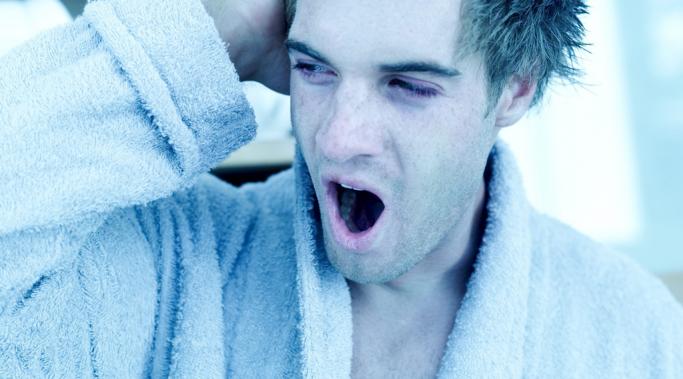
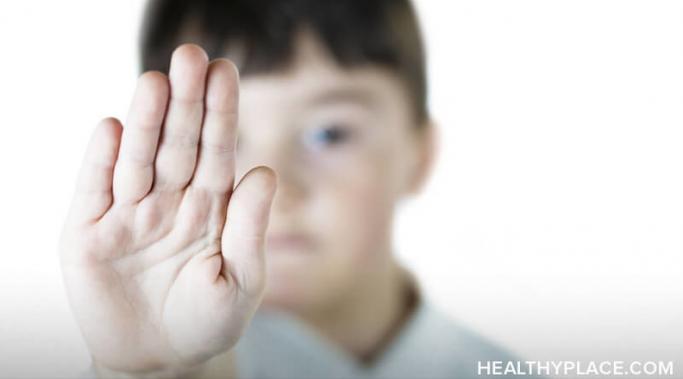
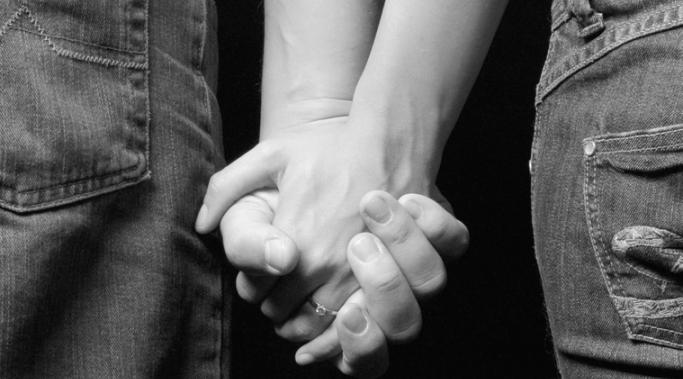
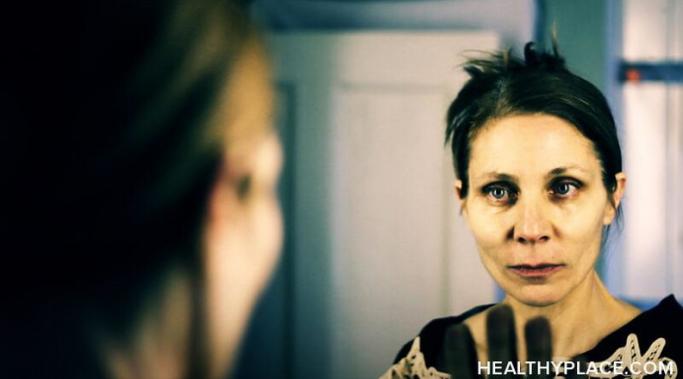
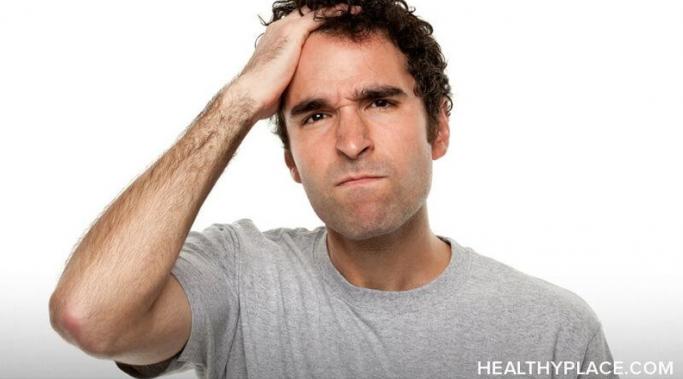
![MP900227716[1]](/sites/default/files/styles/blog_listing/public/uploads/2012/02/MP9002277161.jpg?itok=FWQ27v50)
